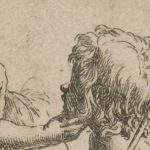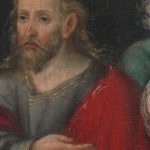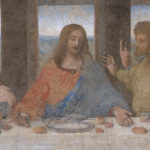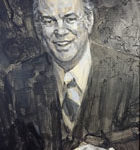
This is a continuation of the theme from this day in the Junior Series of Pages. The factors related to the issues of that Page must be addressed if we are to find some relief from the current misunderstandings, social tensions, cultural clashes, business uncertainties, human competitions, values that include an understanding of life and God’s evaluations of individuals and the management of society – and all that, for the Christian context of life biblically based. The competitions now present among us must be turned into cooperation and integration. (Unfriendly competition belongs to self-dealing individuals, so to exceed or match what that person has done along the way in the progress of life.) It is clear that God chooses to… Read more






